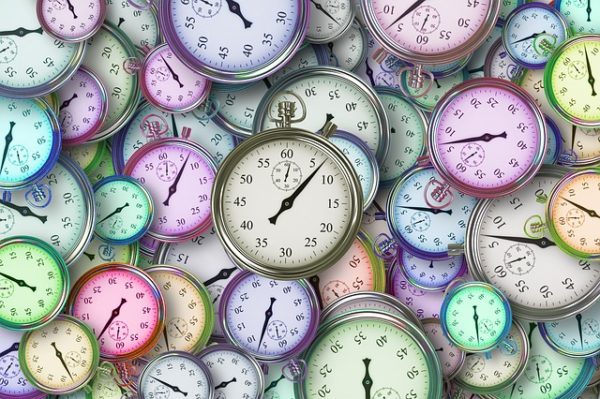Your organisation skills form part of your Self Management tool kit, teamed with initiative and accountability skills you have the ultimate dream team. We are shining a spotlight and letting you know how to go about getting organised is this challenge.
A recap on organisation skills:
An organised person will know what they need to do and when, where their pen is, and they dont miss deadlines or forget their friends birthday. They make lists, have a calendar or diary, and are able to manage themselves in all areas of life and work. From managing your time to prioritising tasks, and even having a tidy desk, being organised will help you improve your employability and also your life.
As well as ensuring you don’t forget your lunch or turn up late to an important meeting, organisation will make you look more professional and help you get your job done more effectively. Employers really value strong organisational skills, as they know you will be efficient and do the work on time. Being organised also shows how much you care about your job. Arriving every day, being on time, and remembering everything you need is really important.
Getting organised:
So we know that being organised is important but it isn’t always as easy knowing it, there are some steps you can take to help you on the way to getting organised.
Work out your to-do’s
Being organised starts with knowing exactly what you need to do! Lots of people think they will remember everything they need and that they will not need to write it down but when you think about the average day we are picking up no stop to-do’s! Making sure we put milk on the shopping list, renewing our train ticket, packing our gym kit, picking up birthday cards, meeting friends and that is without adding in any extra tasks we get from teachers, bosses or parents.
Having more than one list can help, one really long list can feel overwhelming and make you feel like you aren’t getting through things but having them split between school, work, home and play will not only help you keep track of the things you need to do it can also help you split your time better, keep work tasks for work and home tasks for home time!
Work out the when!
Writing down your to-do’s might make you feel better but it wont get them done! Setting your tasks out in lists will help you see how much you have to do and how you need to break your time down to get everything completed. The trick is actually book the time in, use your calendar at work or on your phone and allot time to specific tasks, be realistic with how long things will take.
Hot tip: it can help to have 5 or 10 minutes at the beginning of everyday to set out what you will get done and when.
What’s the most important?
Prioritisation is the key to getting this right! Once you have worked out what you need, you need to work out what to do first! Having already thought about how long tasks will take you will need to add to this what the deadlines are and what really is the most important. Come up with a coding system that works for you and make sure that you stick to it. It can be difficult not to get distracted by a new email coming in or your friends whatsapp about your next trip out.
Hot tip: priorities will change and each day you will have new tasks to add to your list before you agree to take on new jobs or make promise, take a look at your list, what is most important? Can it wait? Will spending one evening catch up mean you will have far more time next week to see your friends?
Delegate
Sometimes our to-do lists really are just too much. Break the tasks down into manageable chunks and think about who else might be able to help you get things done. Being a good team leader or employee isn’t about taking on all the tasks for yourself it is about knowing when to pull the team together and use the best resources to get things done.
If you hadn’t already been sold on using todo lists they can also help to show your boss or teacher just how much you have to do and they can help you decide what you might get more time to do or how they can help!
Keep on top of it!
Being organised takes constant work, like we said before, new tasks will crop up and things happen that mean you will always have to reevaluate what is important. Keep checking on your lists and on your calendar, if you are always going over time to do tasks you need to be making sure that your calendar is better reflecting what you are doing and how long it takes or you might need to look at your work environment – are you focusing enough? Being an organised person means be strict about what you want to get done.
The Challenge:
Let’s put your organisation skills to the test! We want you to start your to-do lists. Start by working out all of the things you need to do, how long they will take and what order you need to get them done in!
This challenge is one that keeps on giving though as you will need to keep checking in with your to do lists, set aside 5 to 10 minutes daily and a little longer at the end of the week to check your system works for you.













